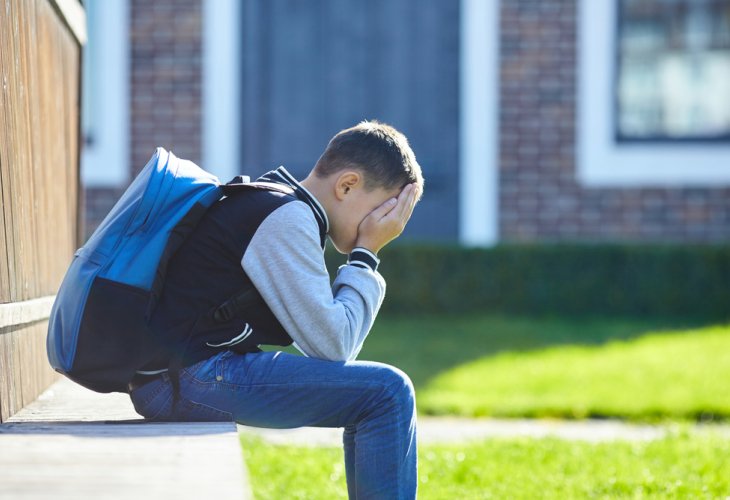Personality Development
Growing Socially: How Kids Learn to Connect
Understanding the link between cognitive development and social skills, and how guided practice can help every child build stronger relationships.
 (Photo: shutterstock)
(Photo: shutterstock)In this article, we explore a crucial aspect of childhood development: how cognitive processes shape the way children acquire social skills.
Social competence plays a powerful role in a child’s well-being and success. While social skills can be learned, many children struggle in this area without structured guidance or clear instruction. We often assume that kids just “pick up” how to make friends or handle social situations- but like reading and writing, these are learned abilities that require practice and support.
What exactly are social skills? They’re a range of verbal and non-verbal behaviors that allow a person to influence how others respond to them. It’s a toolset we use to navigate social environments, build relationships, and avoid conflict.
And just like any skill such as math or sports, social ability develops from training and repetition. Even kids who seem naturally social, have developed these abilities over time, often with help from supportive adults. For those who struggle, targeted guidance can make all the difference.
Research from Dror Barkan and Gil Diesendruck at Bar-Ilan University points to the deep connection between cognitive development and social behavior. Their findings highlight how training certain cognitive abilities can help children with social difficulties improve their interactions, and potentially their futures.
For example, a bright third grader came into my clinic after being emotionally shut down due to peer bullying. He lacked a key social skill: recognizing how to respond appropriately in conversation based on tone and content. Through illustrated role-plays and dialogue practice drawn from real-life situations, he learned to listen and respond more accurately. His parents soon reported a change- he was forming new friendships and felt more connected. When I asked what helped, he said: “I learned to pay attention to what people are saying- and how they say it- and answer them accordingly.”
Understanding this link between cognition and social development helps us shift the narrative. Instead of labeling children as “difficult” or “awkward,” we can view social missteps as information gaps- and provide the tools they need to thrive.
While private social-skills groups are gaining popularity, there’s still a need for standardized programs within schools.
Social success isn’t just luck or personality, but a learnable skill. When we treat it that way, we give every child a better chance to connect, belong, and flourish.
Rivka Alkobi is a doctoral candidate in special education, an educational consultant, psychotherapist, and expert in treating children with ASD. rivkaal@gmail.com

